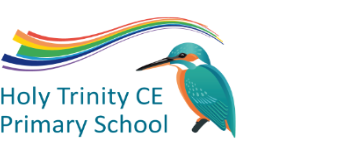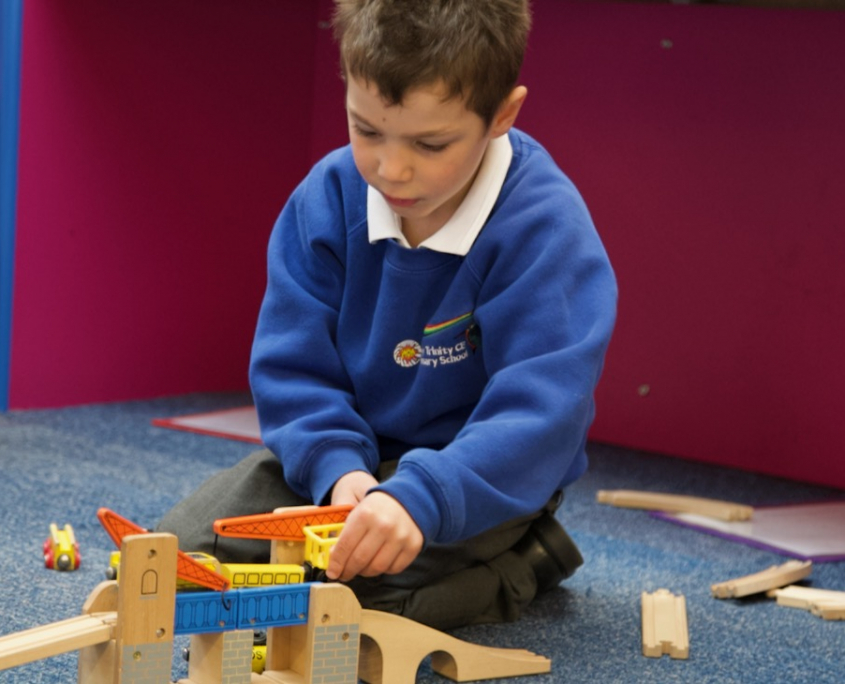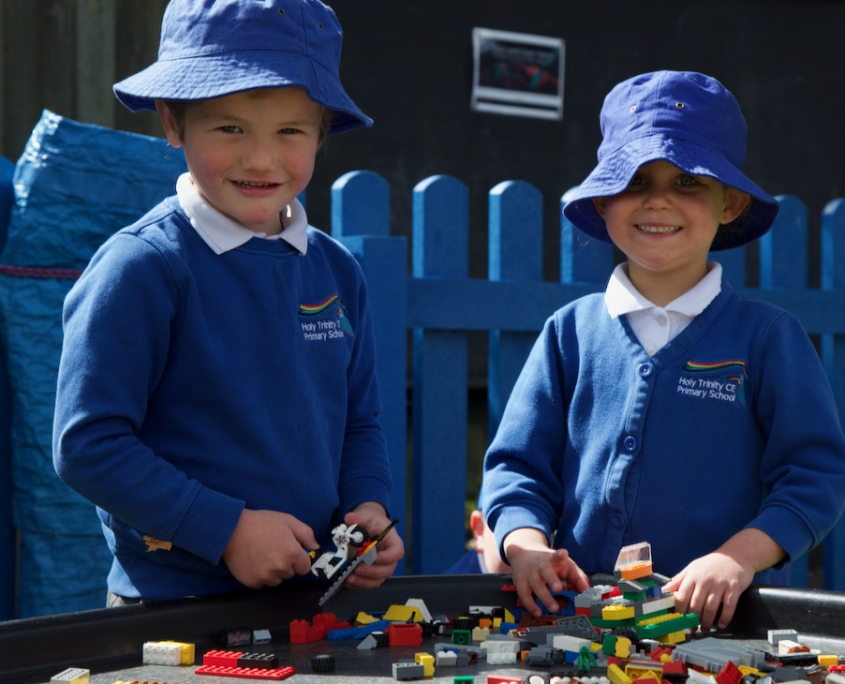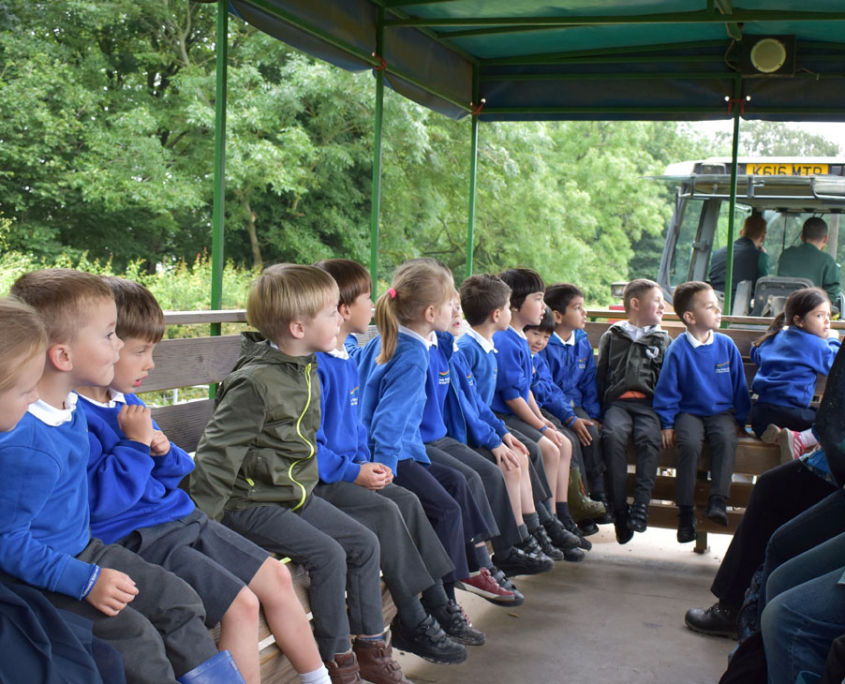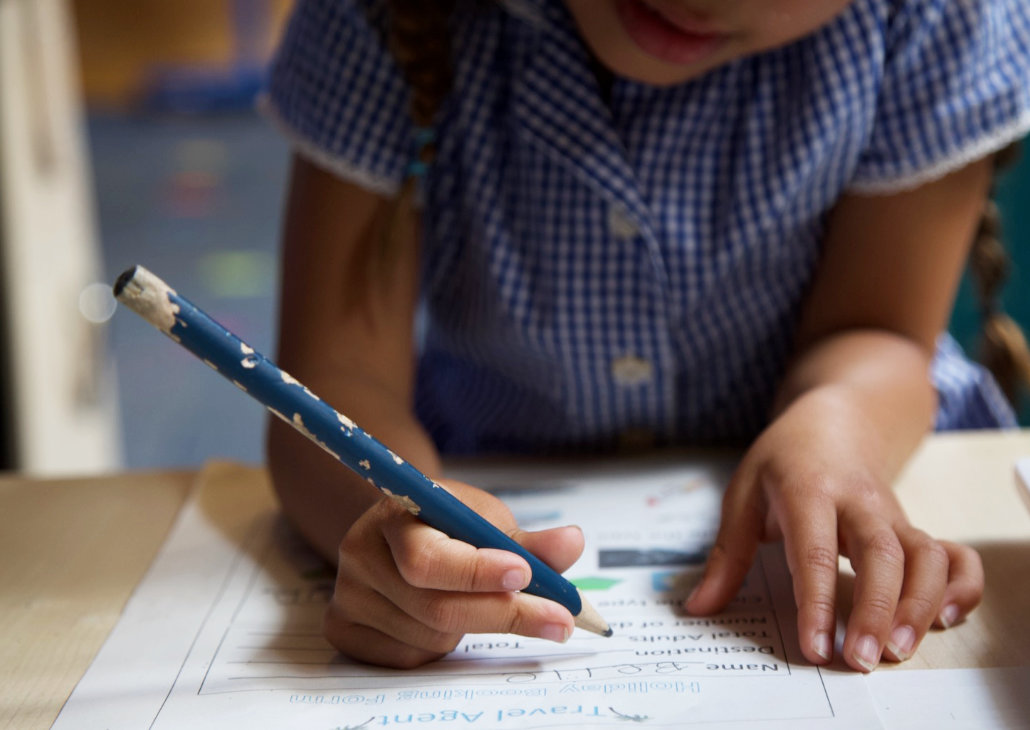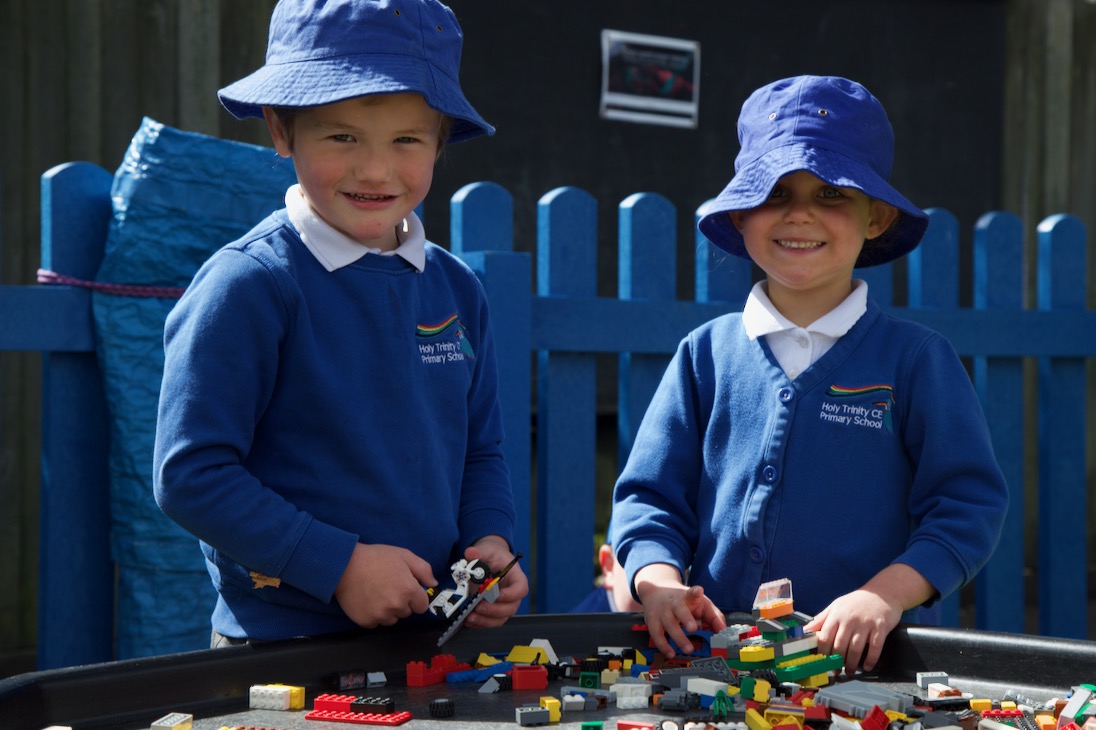Reception
Our curriculum is play based and our learning environment is stimulating and sensitive to all the needs of all our children. Learning may take place in our large indoor setting or in our outdoor space to which the children have continual access. There is a balance between adult-directed and child-initiated activities, supported by overarching learning themes but driven by the children’s interests, through planned, purposeful play. Adult-directed activities can take place as whole class carpet sessions or in small groups and are differentiated to enable each child to progress at their own pace.
Our Reception curriculum is broad and balanced and follows the Early Years Foundation Stage (EYFS) Curriculum and will continue to follow the new EYFS curriculum from August 2021 when changes come into effect.
The EYFS has and will continue to have seven, interconnected areas of learning and development encompassing end of Reception Early Learning Goals for each area.
The three prime areas are crucial for igniting children’s curiosity and enthusiasm for learning, and for building their capacity to learn, form relationships and thrive. The prime areas are (the Early Learning Goal in brackets are for the new EYFS from August 2021):
- Personal, Social and Emotional Development (self-regulation, managing self and building relationships)
- Physical Development (gross motor skills and fine motor skills)
- Communication and Language (listening, attention and understanding and speaking)
The additional four specific areas are:
- Literacy (comprehension, word reading and writing)
- Mathematics (numbers and numerical patterns)
- Understanding the World (past and present, people, culture and communities, the natural world)
- Expressive Arts and Design (creating with materials, being imaginative and expressive).
The EYFS also recognises three main areas that encompass the characteristics of effective learning. These are:
- Playing and Exploring (engagement) – children finding out and exploring, playing with what they know and being willing to “have a go”.
- Active learning (motivation) – children being involved and concentrating, keeping trying and enjoying achieving what they set out to do.
- Creating and thinking critically (thinking) – children having their own ideas, making links and choosing ways to do things.
